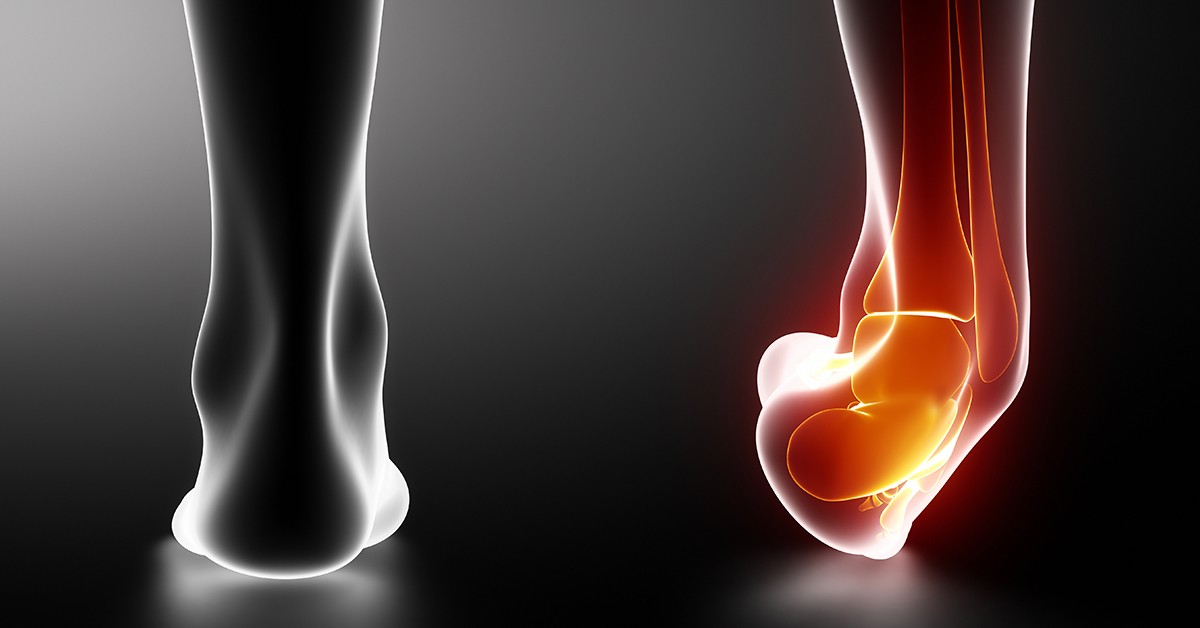
Achilles Tendon Injuries
Did you know the largest tendon in your body is the Achilles tendon? Responsible for connecting the heel bone to the two main calf muscles, the Achilles tendon enables us to walk, run, jump, and perform many other motions. Each of your two Achilles tendons carry your entire body weight every time you take a step, although certain activities can put even more stress on the tendon. Achilles tendon injuries can make mobility painful or even impossible. Some of the most common injuries to this tendon are tendonitis, tendinosis, and rupture.
Tendonitis
Achilles tendonitis is painful inflammation of the tendon, and sometimes swelling of the sheath that surrounds the tendon. Overuse injuries from work or sports are the most common cause of tendonitis. Tenderness and burning pain while performing or after performing an activity are common symptoms. It's important to rest and treat Achilles tendonitis as soon as possible, as the condition can become chronic if left untreated.
Tendinosis
Like tendonitis, Achilles tendinosis is often the result of overuse of the Achilles tendon. However, this condition is chronic and degenerative, with constant stress creating microtears and breaking down collagen tissue in the tendon. Tendinosis symptoms often include pain, reduced tendon strength, and problems with mobility.
Rupture
While overuse of the tendon is often the cause of Achilles tendon rupture, it can also occur because of a sudden impact or blow to the ankle or lower leg. Symptoms of Achilles tendon rupture can include a popping sound during the injury, with swelling and an inability to point the toes or stand afterward.
How are these conditions treated?
Conservative treatment is often effective for tendonitis and tendinosis. This can include rest, ice, physical therapy exercises, and pain medication. Your doctor may also recommend the use of heel lifts to reduce stress on the Achilles tendon. If necessary, you may need to wear a cast or walking boot. Achilles tendon ruptures usually require surgery, immobilization of the tendon by cast, or both.


